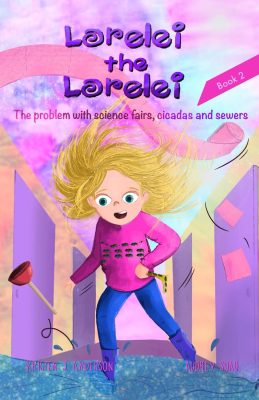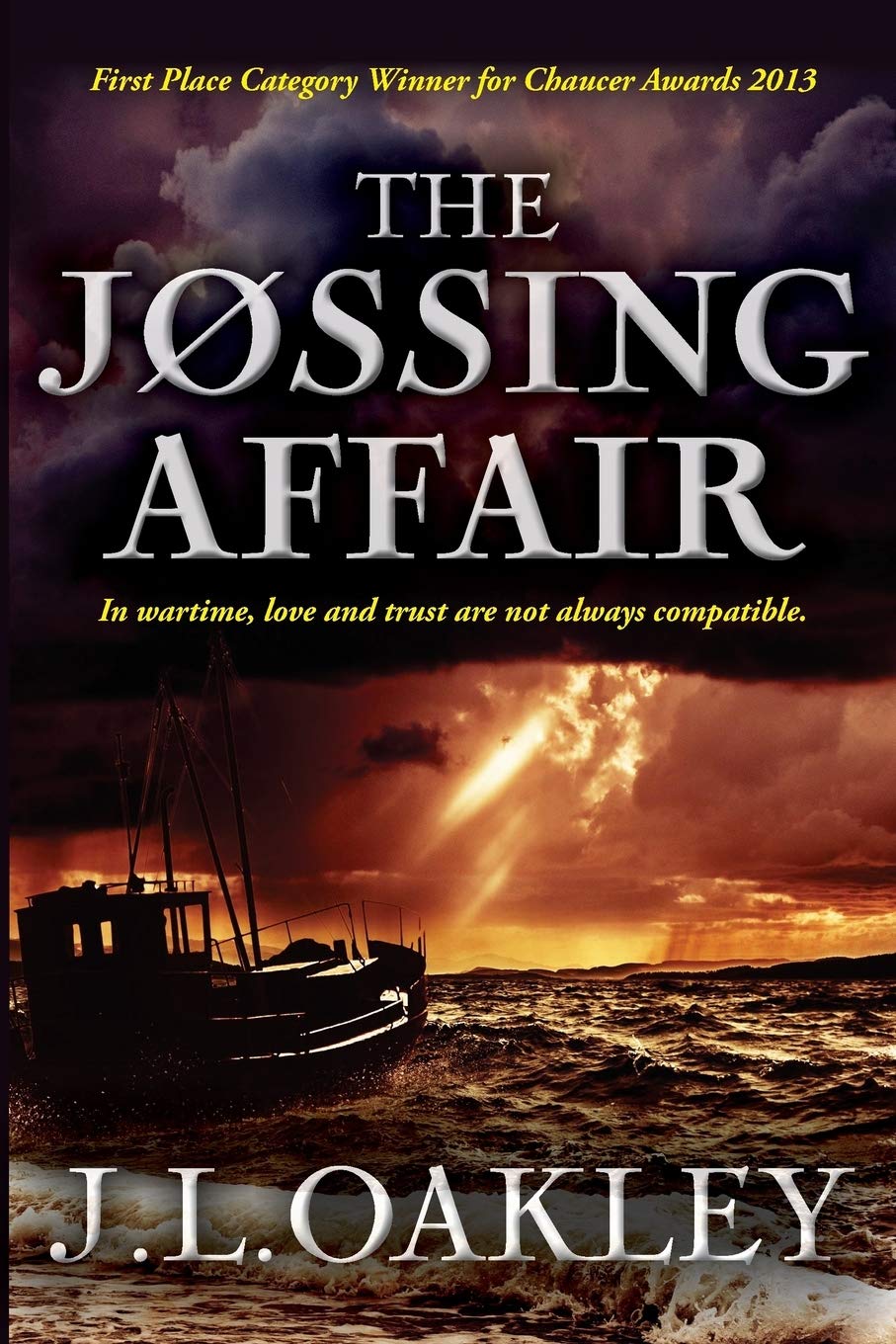|
Listen to or download this article:
|
Alice Huffman is an interesting young woman. She likes to go by the name of Al, likes to wear tuxedoes when she’s allowed to and has a burning desire to run a nightclub in NYC where beautiful men and women can mix, mingle, sing, and dance in whatever way they please. World War II has just ended. People should be ready to celebrate!
But Al has other burning desires as well, some she’s not quite ready to talk about. After all, she tells herself, having these kinds of feelings for one gorgeous woman doesn’t really make her one of those sexual perverts other people are talking about, or does it? Luckily, she has close friends, more like family, to help her deal with these questions during the tumultuous decade following the war. With them by her side, Al becomes the woman she was meant to be.
The extended title, or subtitle, LGBT Life in the Early Post War Years 1945-1955 is really the best description of this work. The novel begins immediately after the war and is chock full of specific details that may not have made it into the history books. In just one example, if a man like Al’s friend Max, was discovered to be homosexual while serving in the army, he was given a “blue discharge,” a piece of paper that would limit his employment possibilities for life.
We learn that freedoms for women, more public during the war, are severely curtailed as the men returning from overseas expect the home life they remember. In this tale, husbands exert control over their wives and women like Al are immediately suspected of “perversion” if they choose not to marry. It’s a tense time, growing more violent across the decade as McCarthyism and fear of communists in a Cold War with the Soviets becomes interwoven with the public campaign against all homosexuals, men and women alike. Every manner of insult is thrown at them. Al and Max understand they could lose everything they’ve worked for should either of them be discovered.
It’s against this historic backdrop that Vanda develops her characters. In this second book of the Juliana series, the singer figures prominently, but in many ways, it’s Al cast as her young, secret, confused lover and eventual career director, who steals the floor show. The tension between Al and Juliana’s legal husband, Richard, is tragic and powerful and continues to grow throughout the work. Al herself is growing in every chapter, and changes from a terrified girl with an impossible dream, to a businesswoman who has earned the grudging respect of many powerful men.
In this way, Olympus Nights can be seen as a Lesbian coming-of-age story with all the recognizable dangers present in the past that a more modern audience can still feel. Yet, even though the story really is centered on the women, the men in Al’s life also have important roles to play. We’re treated to historical glimpses of stars, such as Walter Winchell, Liberace, and Mayor O’Dwyer; and squirm with Max, Al’s mentor and ally, and Marty, a former soldier and aspiring actor, as they struggle to be their true selves. In every chapter, Vanda highlights the political climate of the times and brings forth a wealth of information describing the anti-Gay, anti-People of Color, anti-Communist, anti-Jew, and anti-Woman policies in New York City and America, during that decade.
It isn’t hard to make the connections Vanda wants the reader to see, that these intolerant policies are making a resurgence years later, and that they have an ugly history of repression and violence effecting real people. Her creation of characters we care about, struggling to be themselves against every threat, every unjust law, attempts to remove the stigma of “other” and “pervert” and every other horrible name homosexual individuals have been forced to live under.











Leave A Comment